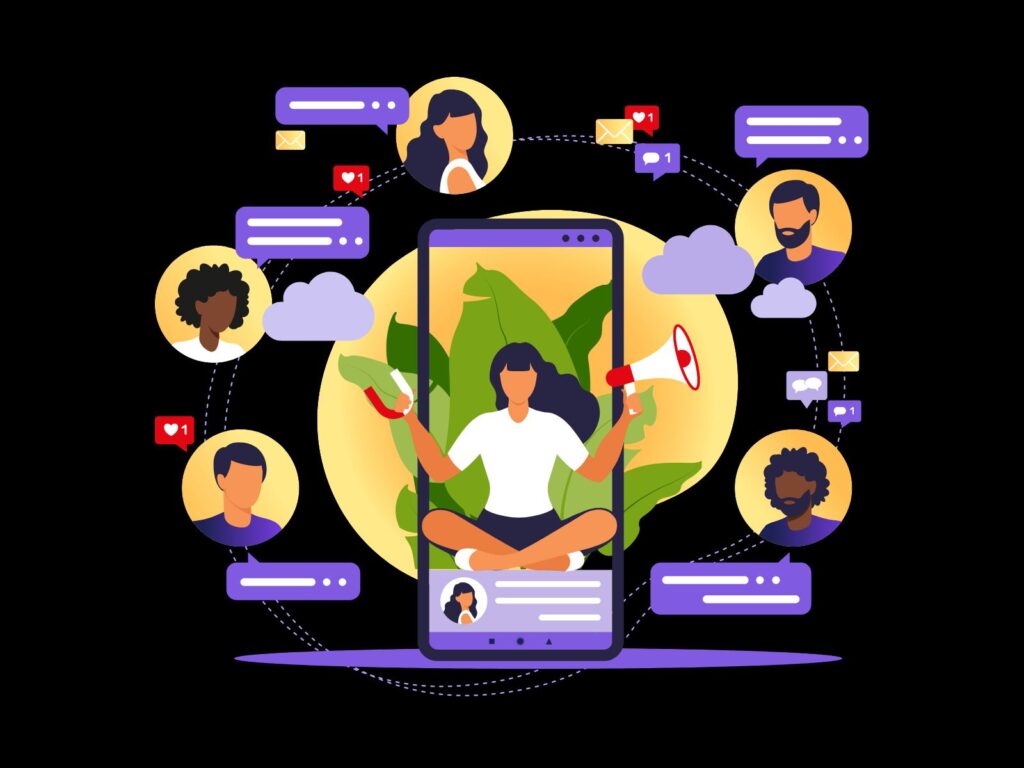Media
Media, in its many forms, plays a crucial role in shaping our daily lives and society. It’s a powerful tool for communication, information dissemination, and influencing public opinion.
Definition and Meaning of Media
Media refers to various means of communication that reach or influence people widely. It encompasses a broad range of communication channels, from traditional print media to modern digital platforms.
Different Types of Media
Print Media
Print media includes newspapers, magazines, and books. It’s one of the oldest forms of media and remains significant despite the rise of digital platforms.
Broadcast Media
Broadcast media covers television and radio. It’s known for its wide reach and ability to deliver information quickly to a large audience.
Digital Media
Digital media encompasses content available on digital platforms, including websites, blogs, and streaming services. It’s characterized by its accessibility and interactive nature.
Social Media
Social media platforms like Facebook, Twitter, and Instagram have transformed the way we communicate and share information. They allow for instant interaction and user-generated content.
Electronic Media
Electronic media includes all forms of media content that require electronic devices for its presentation. This includes television, radio, and online content.
The Role of Media in Communication
Media serves as a bridge between the public and the world. It informs, educates, entertains, and offers a platform for discussion, making it integral to modern communication.
Impact of Media on Society
Media has a profound impact on society. It shapes cultural norms, influences political agendas, and alters social dynamics. It’s a powerful tool that can both reflect and shape public opinion.
Media and Public Opinion
Media plays a pivotal role in shaping public opinion. It can highlight issues, frame narratives, and influence the public’s perception and attitudes towards various topics.
Media Influence on Behavior
Media not only informs but also influences behavior. It can set trends, change attitudes, and even affect lifestyle choices among its audience.
Media Ethics and Regulation
The ethical use of media and its regulation is crucial. Issues like media bias, censorship, and the responsibility of reporting truthfully are central to media ethics.
Conclusion
Media, in its various forms, is a cornerstone of modern society. Understanding its types, roles, and impacts is essential for navigating the information-rich world we live in.
FAQs:
1- What is the definition of media?
Media refers to the various means of communication used to reach and influence people, including print, broadcast, digital, and social media.
2- How does media influence public opinion?
Media influences public opinion by framing issues, setting agendas, and providing platforms for discussion, thereby shaping public perception and attitudes.
3- What are the different types of media?
The different types of media include print media, broadcast media, digital media, social media, and electronic media.
4- Are social media platforms considered media?
Yes, social media







